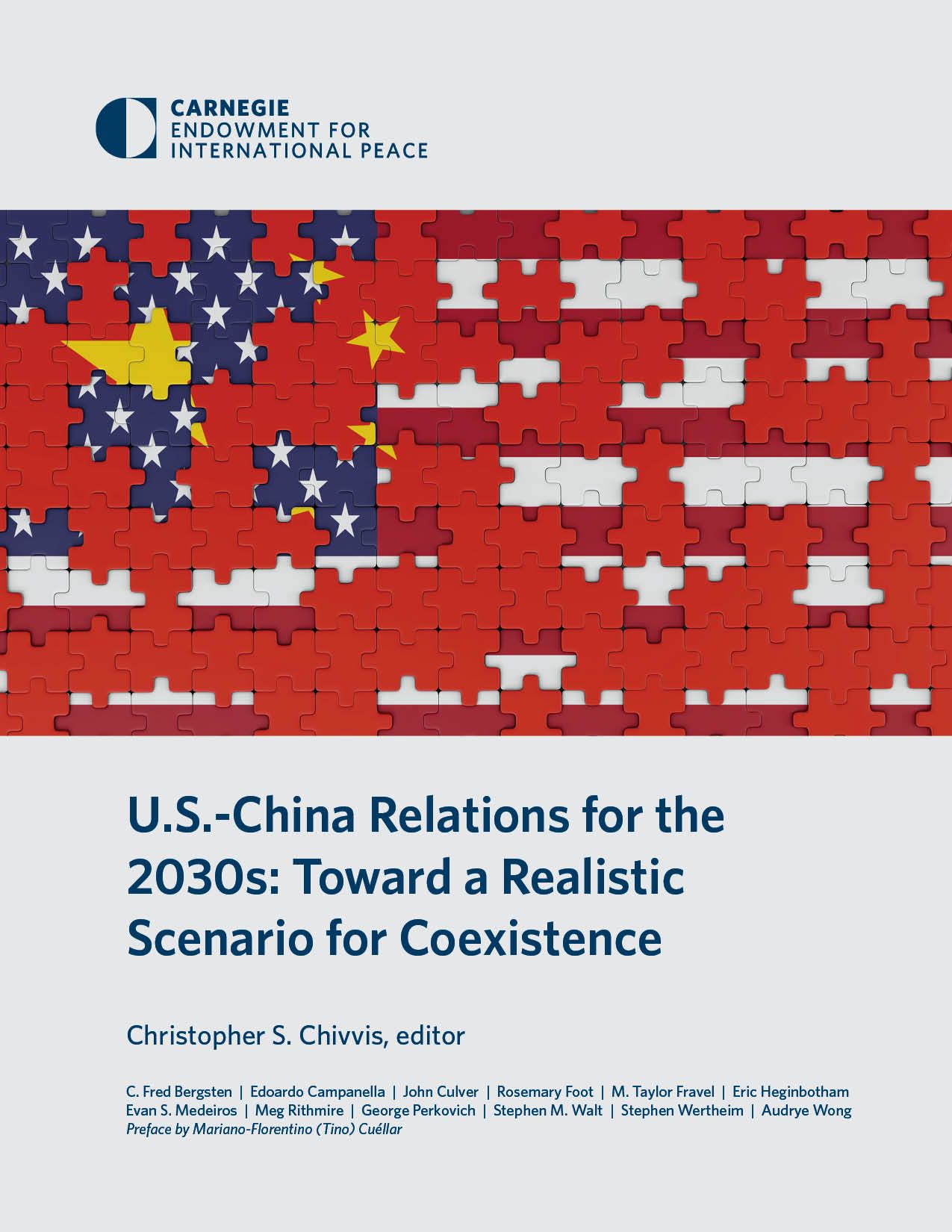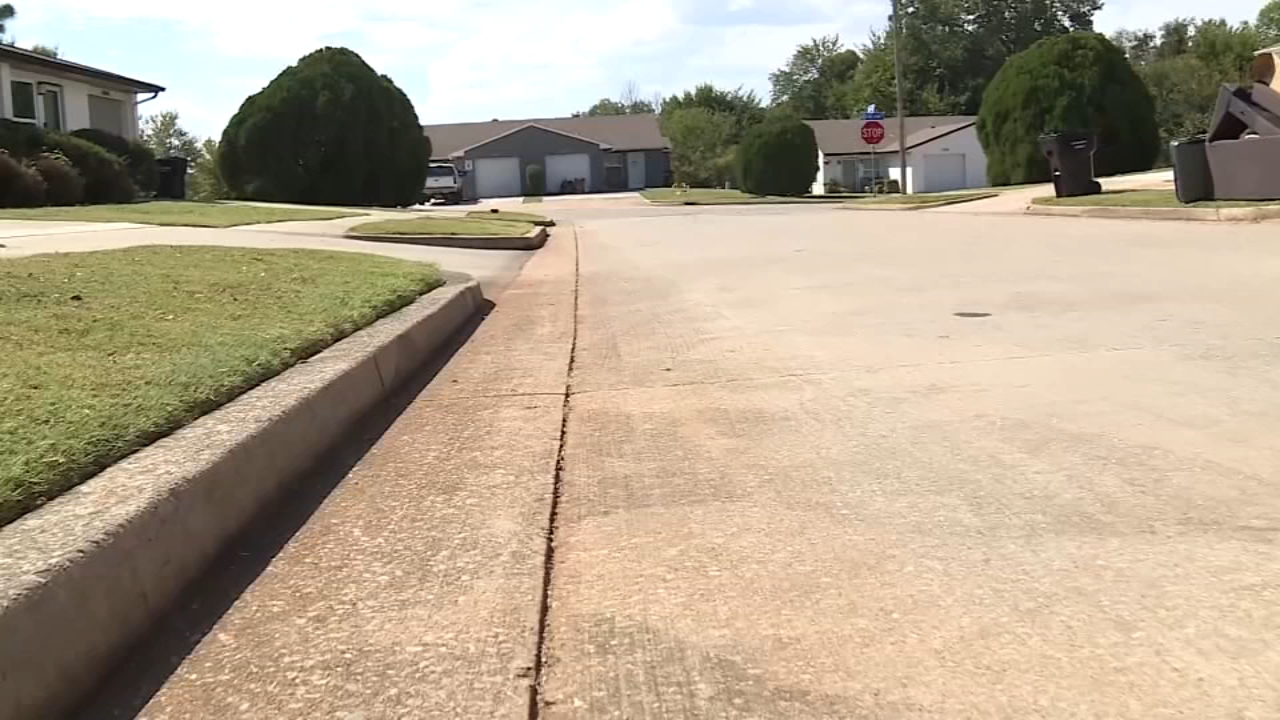
UN Highlights Urgent Need to Address Gender-Based Violence and Promote Women’s Leadership in Peacebuilding

UN High Commissioner for Human Rights, Mr. Volker Türk, emphasized the ongoing failure to meet minimum standards for preventing the silencing of women and supporting their participation and leadership in peacebuilding efforts. This concern aligns with the Sustainable Development Goals (SDGs), particularly SDG 5 (Gender Equality) and SDG 16 (Peace, Justice and Strong Institutions).
Background on UN Security Council Resolutions
- 25 years ago, the UN Security Council passed a resolution affirming the vital role of women in conflict prevention and resolution.
- The resolution also stressed the importance of ending impunity for sexual violence in conflict zones.
- Subsequent resolutions have reinforced these principles, with UN agencies and partners working to implement them.
Despite these efforts, gender-based violence remains prevalent and is increasing in many conflict-affected areas, undermining SDG 5 and SDG 16 targets.
Justice and Accountability Challenges
- Thousands of cases of sexual violence have been documented in conflict zones including the Democratic Republic of the Congo, Israel and the Occupied Palestinian Territory, Haiti, Sudan, Ukraine, and others.
- Sexual violence is often used deliberately as a weapon of war to terrorize communities, force displacement, and silence women advocating for peace.
- Funding and aid cuts are hindering humanitarian and human rights agencies from providing essential medical and psychosocial support to survivors.
- The lack of services leaves women and girls traumatized, isolated, and vulnerable, impeding progress towards SDG 3 (Good Health and Well-being) and SDG 10 (Reduced Inequalities).
Flooding in Brazil Causes Repeated Displacement, Highlighting Need for Resilience
The International Organization for Migration (IOM) has raised alarms over severe flooding in Brazil’s southern state of Rio Grande do Sul, which has displaced over 5,000 people since mid-June 2025. This follows record floods in 2024, causing repeated displacement for some communities.
IOM’s Response and Sustainable Development Focus
- IOM expanded its presence and partnerships during the 2024 crisis, enabling a swift response in 2025.
- Current efforts focus on recovery by providing technical expertise, assessing needs, and supporting authorities to develop long-term, sustainable solutions.
- The objective is to ensure aid reaches vulnerable populations and to build systems that promote safe and sustainable community rebuilding.
- This approach supports SDG 11 (Sustainable Cities and Communities) and SDG 13 (Climate Action) by emphasizing preparedness and resilience against extreme weather events.
Paolo Caputo, IOM Chief of Mission in Brazil, stressed the importance of integrating humanitarian action with investments in preparedness and resilience to address the increasing frequency and intensity of climate-related disasters.
UN Experts Condemn Murder of Nicaraguan Dissident in Costa Rica as Part of a Wider Pattern
The UN Group of Human Rights Experts on Nicaragua condemned the killing of Nicaraguan exile Roberto Samcam in Costa Rica on 19 June 2025. The incident is believed to be part of a broader pattern aimed at silencing dissidents abroad, raising serious human rights concerns related to SDG 16 (Peace, Justice and Strong Institutions).
Details and Context of the Incident
- Roberto Samcam, a retired army major who publicly denounced the Nicaraguan government in 2018, was shot five times by a perpetrator posing as a delivery person.
- The UN experts welcomed the swift response by Costa Rican authorities and called for thorough investigations to ensure justice.
Pattern of Transnational Repression
- Since 2018, following violent suppression of anti-government protests in Nicaragua, numerous human rights violations have been documented.
- Recent reports indicate that repression extends beyond Nicaragua’s borders, targeting dissidents living abroad.
- There are indications of links to other attacks, including the murder of Rodolfo Rojas Cordero in Honduras (2022) and assassination attempts on Jaoa Maldonado (2021 and 2024).
- The experts called for accountability of states committing transborder human rights violations.
The independent UN human rights experts operate without government affiliation or remuneration, underscoring the impartiality of their findings.
1. Sustainable Development Goals (SDGs) Addressed or Connected to the Issues Highlighted in the Article
- SDG 5: Gender Equality – The article discusses gender-based violence, sexual violence in conflict zones, and the need to support women’s participation and leadership in peacebuilding.
- SDG 16: Peace, Justice and Strong Institutions – The article highlights issues of justice for victims of sexual violence, impunity, human rights violations, and the need for accountability for transborder human rights abuses.
- SDG 3: Good Health and Well-being – The article mentions the lack of essential medical and psychosocial support for survivors of violence.
- SDG 11: Sustainable Cities and Communities – The displacement caused by floods in Brazil and the need for sustainable recovery and resilience efforts are discussed.
- SDG 13: Climate Action – The article refers to extreme weather events becoming more frequent and intense, calling for investments in preparedness and resilience.
- SDG 10: Reduced Inequalities – The article touches on the persecution and silencing of dissidents abroad, indicating issues of inequality and human rights protection.
2. Specific Targets Under Those SDGs Identified Based on the Article’s Content
- SDG 5: Gender Equality
- Target 5.2: Eliminate all forms of violence against all women and girls in public and private spheres, including trafficking and sexual and other types of exploitation.
- Target 5.5: Ensure women’s full and effective participation and equal opportunities for leadership at all levels of decision-making in political, economic and public life.
- SDG 16: Peace, Justice and Strong Institutions
- Target 16.1: Significantly reduce all forms of violence and related death rates everywhere.
- Target 16.3: Promote the rule of law at the national and international levels and ensure equal access to justice for all.
- Target 16.9: Provide legal identity for all, including birth registration (implied in justice and human rights context).
- Target 16.10: Ensure public access to information and protect fundamental freedoms, in accordance with national legislation and international agreements (related to silencing dissidents).
- SDG 3: Good Health and Well-being
- Target 3.8: Achieve universal health coverage, including access to quality essential health-care services and access to safe, effective, quality and affordable essential medicines and vaccines for all.
- Target 3.4: Promote mental health and well-being (implied through psychosocial support for survivors).
- SDG 11: Sustainable Cities and Communities
- Target 11.5: Reduce the number of deaths and the number of people affected by disasters, including water-related disasters.
- Target 11.b: Increase the number of cities and human settlements adopting and implementing integrated policies and plans towards inclusion, resource efficiency, mitigation and adaptation to climate change.
- SDG 13: Climate Action
- Target 13.1: Strengthen resilience and adaptive capacity to climate-related hazards and natural disasters in all countries.
- Target 13.3: Improve education, awareness-raising and human and institutional capacity on climate change mitigation, adaptation, impact reduction and early warning.
- SDG 10: Reduced Inequalities
- Target 10.3: Ensure equal opportunity and reduce inequalities of outcome, including by eliminating discriminatory laws, policies and practices.
- Target 10.7: Facilitate orderly, safe, regular and responsible migration and mobility of people (related to protection of dissidents and migrants).
3. Indicators Mentioned or Implied in the Article to Measure Progress Towards the Identified Targets
- Indicators related to SDG 5 (Gender Equality)
- Proportion of women and girls subjected to sexual violence (implied through documentation of cases in conflict zones).
- Proportion of women in leadership positions in peacebuilding and political processes (implied by calls for women’s participation and leadership).
- Indicators related to SDG 16 (Peace, Justice and Strong Institutions)
- Number of victims of intentional homicide, by sex and age (implied through reports of killings and violence against dissidents).
- Proportion of victims of violence who have access to justice and reparations (implied by discussion of impunity and trials).
- Number of verified cases of human rights violations and abuses (implied by documentation from UN experts).
- Indicators related to SDG 3 (Good Health and Well-being)
- Coverage of essential health services, including psychosocial support (implied by mention of medical and psychosocial support).
- Prevalence of mental health conditions among survivors (implied by trauma and psychosocial impacts).
- Indicators related to SDG 11 (Sustainable Cities and Communities)
- Number of people affected or displaced by disasters (explicitly mentioned: over 5,000 displaced in Brazil floods).
- Number of municipalities reporting damage from disasters (132 municipalities reported damage).
- Indicators related to SDG 13 (Climate Action)
- Frequency and intensity of extreme weather events (implied by references to floods and extreme weather becoming more frequent).
- Investment in disaster preparedness and resilience (implied by calls for humanitarian action to be paired with investments in preparedness).
- Indicators related to SDG 10 (Reduced Inequalities)
- Number of incidents of transborder human rights violations (implied by reports of attacks on dissidents abroad).
- Protection measures for migrants and refugees (implied by discussion of dissidents living abroad).
4. Table of SDGs, Targets, and Indicators Identified in the Article
| SDGs | Targets | Indicators |
|---|---|---|
| SDG 5: Gender Equality |
|
|
| SDG 16: Peace, Justice and Strong Institutions |
|
|
| SDG 3: Good Health and Well-being |
|
|
| SDG 11: Sustainable Cities and Communities |
|
|
| SDG 13: Climate Action |
|
|
| SDG 10: Reduced Inequalities |
|
|
Source: news.un.org







